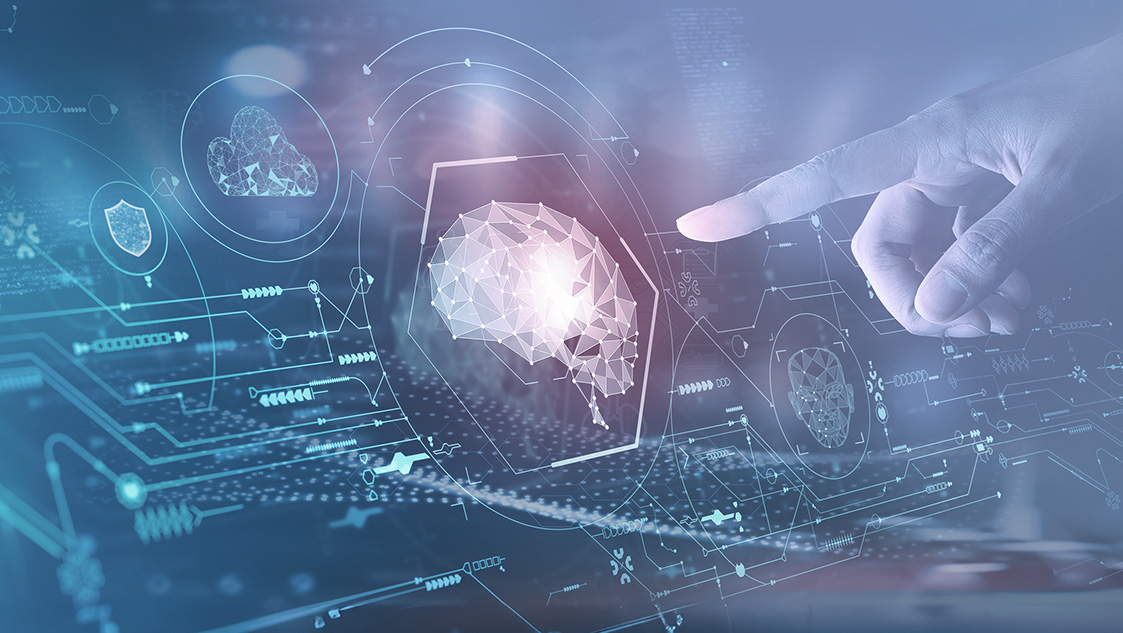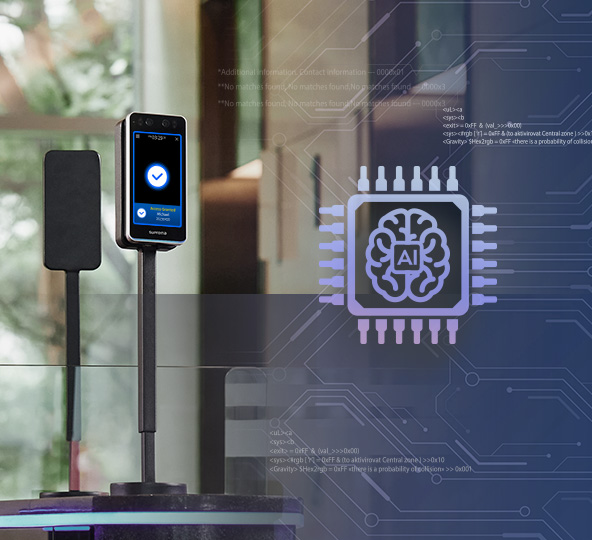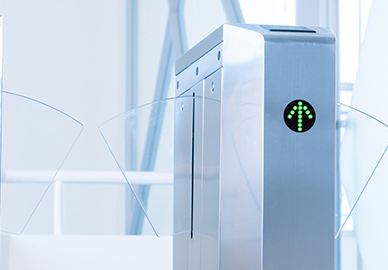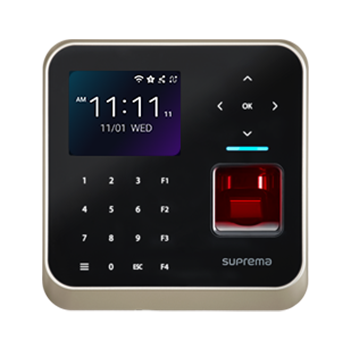- PRODUCTS
- Security Platform
- BioStar X | On-Prem SecurityNEW
- BioStar Air | Cloud Security
- BioStar 2
- Access Control
- Access Control Unit
- Biometric Readers
- RFID Readers
- Mobile Credential
- Peripherals
- Wireless Door Locks
- SOLUTIONS
- SUPPORT
- ABOUT
- device_hubHUB

The security industry is undergoing a transformative phase, propelled by remarkable technological advancements and an intensified emphasis on security measures. The emergence of ChatGPT last year reverberated across industries, sparking increased interest in AI and accelerating technological advancements. According to the Security Megatrends Survey (Fall 2023) by the SIA(Security Industry Authority), 74% of security solutions developers characterize their firm's R&D investments as fully, heavily or somewhat focused on AI. Concurrently, the adoption of cloud and IoT technologies reshaping the industry's landscape, while the expanding use of biometrics is raising pertinent concerns about data privacy. In this exploration, Suprema's esteemed researchers and professionals navigate through the currents of these trends, offering insights into the pathways that shape the industry's future.
 On-device AI
On-device AI
In security industry, the integration of AI and IoT has become pervasive. This convergence empowers intelligent access control, and video surveillance. On-device AI, also known as edge AI, empowers devices to run AI algorithms independently, without relying on a remote server or cloud. This capability enables the device to process data in real-time at the edge, bypassing the need for a centralized server. On-device AI continuously improves performance of biometric authentication accuracy, and detects abnormal behaviors, such as intrusions, thefts, vandalism, or violence. By efficiently managing large volumes of data, automating tasks, and addressing the escalating complexity of security threats, AI proves instrumental in elevating overall security effectiveness.


 Cloud-based Security Service
Cloud-based Security Service
Cloud adoption has been a long-standing trend in the security industry. Now, it is important to examine how security companies are delivering cloud-based services such as in SaaS or managed services models. Cloud-based security enables access control to be more scalable, flexible, and cost-effective, increasing user convenience and operational efficiency.
 Enhanced Privacy and Data Protection
Enhanced Privacy and Data Protection
Privacy considerations stand as the foremost factor for companies adopting biometric technologies. Fingerprint recognition and facial authentication are the most popular biometric technologies implemented in various devices, such as smartphones, laptops, access control systems, identity verification tools, and payment. This underscores biometrics' efficacy in offering robust security, enhanced convenience, and widespread user acceptance. As biometric adoption continues to surge, so will concerns pertaining to data privacy.
In the forthcoming year, Suprema remains steadfast in aligning its business strategies with these prevailing trends, leveraging innovative AI-based security solutions. Renowned for its pioneering position in the industry, Suprema's AI edge devices, such as BioStation 2a and BioStation 3, deliver unparalleled performance in terms of accuracy and speed, setting new standards for biometric authentication.
Furthermore, Suprema’s security platform, ‘BioStar 2’, and cloud-based access authentication solution, ‘CLUe’, help businesses of all sizes heighten the security of their properties. Especially, CLUe enables the seamless integration of Suprema readers to third-party cloud platforms, making it easy to manage access control of visitors and members. To showcase Suprema’s commitment to data privacy and security, Suprema has developed its exclusive authentication method ‘Template on Mobile (ToM)’ which securely stores facial templates on users’ smartphones, eliminates the need for reliance on company servers for biometric data storage. As mentioned above, Suprema provides flexibility and customized solutions for all the security needs and trends.
Explore our Products














